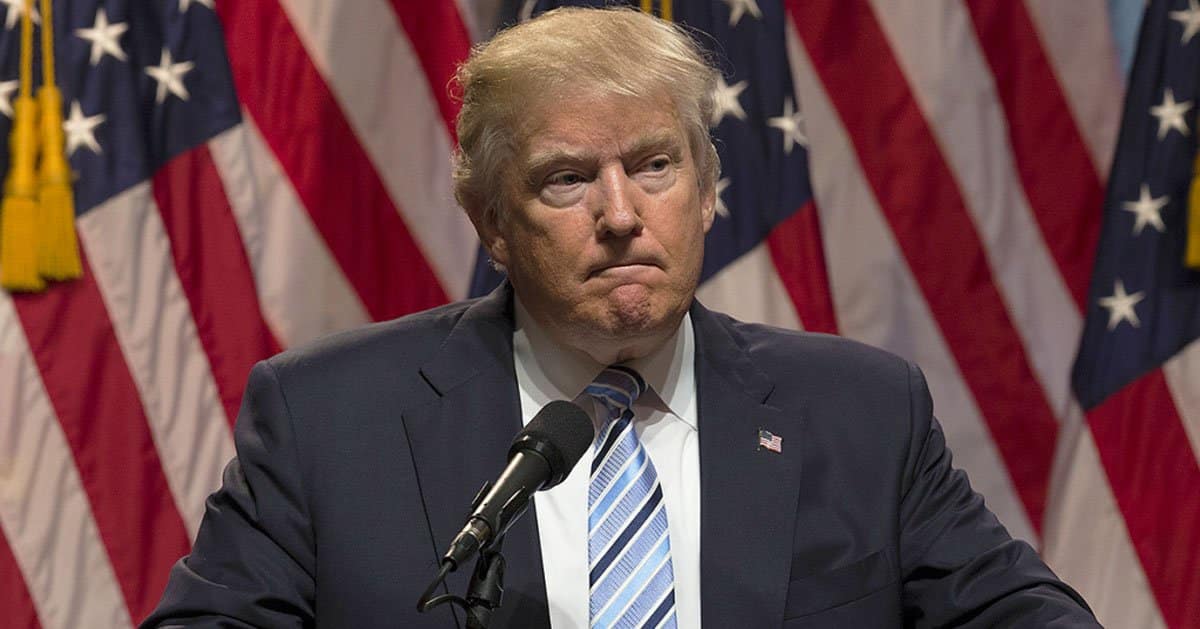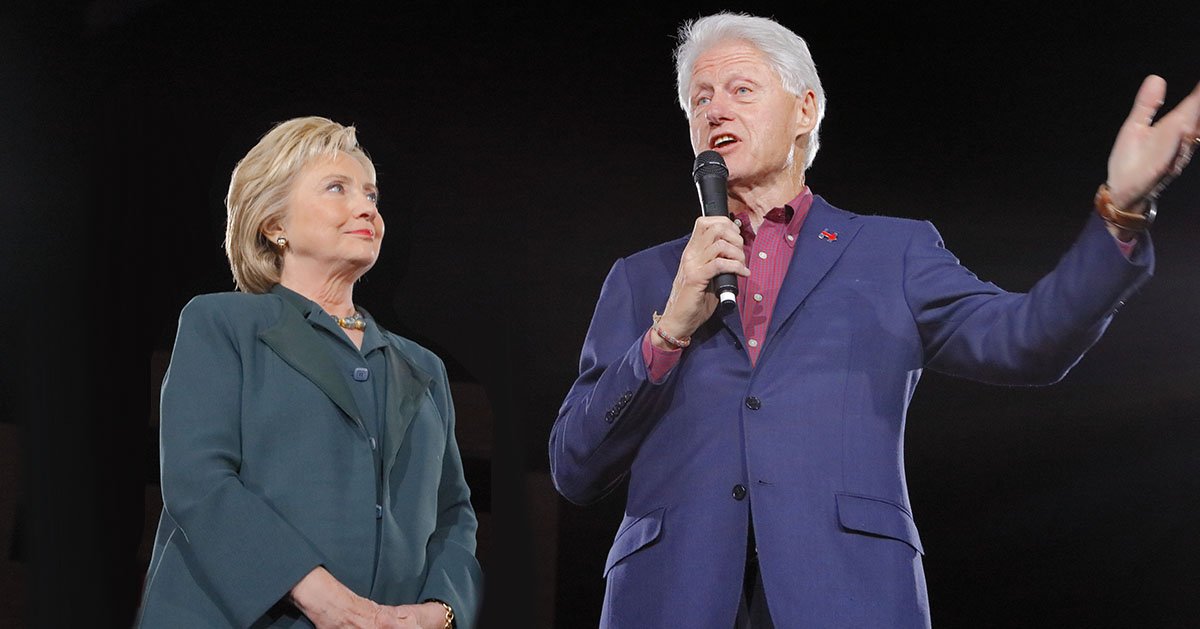








President Donald Trump’s second term has thrown a wrench into the Green New Deal’s lofty ambitions.
Congressional Democrats, once vocal champions of this climate initiative, have gone nearly silent. The progressive dream of a sweeping environmental overhaul seems to be fading fast, according to Breitbart.
Trump’s return to the White House has coincided with a sharp decline in Democratic mentions of the Green New Deal, signaling a retreat from the bold climate project. Data from Axios, sourced from Quorum, reveals a stark reality: Democrats in Congress referenced the Green New Deal just six times in the past three months on social media and the House floor. This marks the lowest mention count since Rep. Alexandria Ocasio-Cortez first pushed the resolution in 2018.
The Green New Deal, a brainchild of Ocasio-Cortez and Sen. Ed Markey, emerged during Trump’s first term as a rallying cry for aggressive climate action. Introduced in April 2023, the resolution aimed to transform the economy with renewable energy and social justice at its core. Yet, the duo has not reintroduced it since, leaving the initiative in limbo.
“Democrats aren’t explicitly disavowing the Green New Deal, but they’ve abruptly stopped talking about it,” noted Alex Thompson and Ben Geman in their Axios piece. This sudden hush suggests a strategic pivot, as Democrats scramble to reframe climate discussions in a less divisive way. The silence is deafening, especially when contrasted with the plan’s once-loud fanfare.
The Green New Deal’s decline isn’t just about optics; it reflects a broader loss of faith among Democrats. Josh Freed, head of the Climate and Energy Program at Third Way, observed, “The groups wouldn’t or couldn’t sell the [Inflation Reduction Act], and promised they’d deliver young voters on climate.” Yet, the failure to energize young voters has left party leaders questioning the progressive climate playbook.
Freed’s critique cuts deeper: “They didn’t deliver on selling the IRA, and Democrats did worse with young voters.” This misstep has shaken confidence in the Green New Deal’s champions, who once promised a political revolution tied to environmental reform. The progressive vision, it seems, overestimated its appeal.
While Democrats backpedal, Republicans have pounced, mentioning the Green New Deal 337 times in the same three-month period. They’ve branded it a “job-killing climate activist project,” wielding it as a cudgel against progressive overreach. The contrast couldn’t be starker: one side retreats, the other attacks.
Trump’s first term inadvertently sparked the Green New Deal’s rise, as activists rallied against his environmental rollbacks. “President Trump’s first term provoked the movement for a Green New Deal,” Thompson and Geman wrote. But now, his second term appears to be its undoing, as the political winds shift.
The Green New Deal’s bold promises—net-zero emissions, universal healthcare, and guaranteed jobs—once captivated the left. Yet, its ambitious scope made it an easy target for critics who called it unrealistic. Republicans have capitalized on this, framing it as a socialist pipe dream that threatens economic stability.
The six lonely mentions by Democrats in recent months underscore a movement in retreat. Ocasio-Cortez and Markey, once the faces of this climate crusade, have not pushed to revive their resolution. Their silence suggests a recognition that the Green New Deal’s moment may have passed.
Democrats’ reluctance to champion the Green New Deal isn’t just about Trump’s influence. It’s also a pragmatic response to a polarized electorate wary of sweeping mandates. The party seems to be searching for a less contentious way to address climate change, one that doesn’t alienate moderate voters.
Republicans, meanwhile, show no such hesitation. Their relentless critique of the Green New Deal paints it as a symbol of progressive excess. This narrative resonates with voters skeptical of top-down climate solutions, giving the GOP a potent talking point.
The Green New Deal’s fading star reflects a broader shift in the climate debate. Democrats, burned by electoral setbacks, appear to be rethinking their approach to environmental policy. Smaller, less polarizing initiatives may now take precedence over grand, transformative visions.
Trump’s second term has exposed the fragility of the Green New Deal’s coalition. Without sustained congressional backing, the initiative risks becoming a footnote in the climate fight. Its champions must now decide whether to double down or pivot entirely.
For now, the Green New Deal’s decline serves as a cautionary tale: bold ideas need broad support to survive. Trump’s policies have cast a long shadow, forcing Democrats to confront the limits of their climate ambitions. The question remains whether they can craft a new narrative that resonates without the Green New Deal’s baggage.



